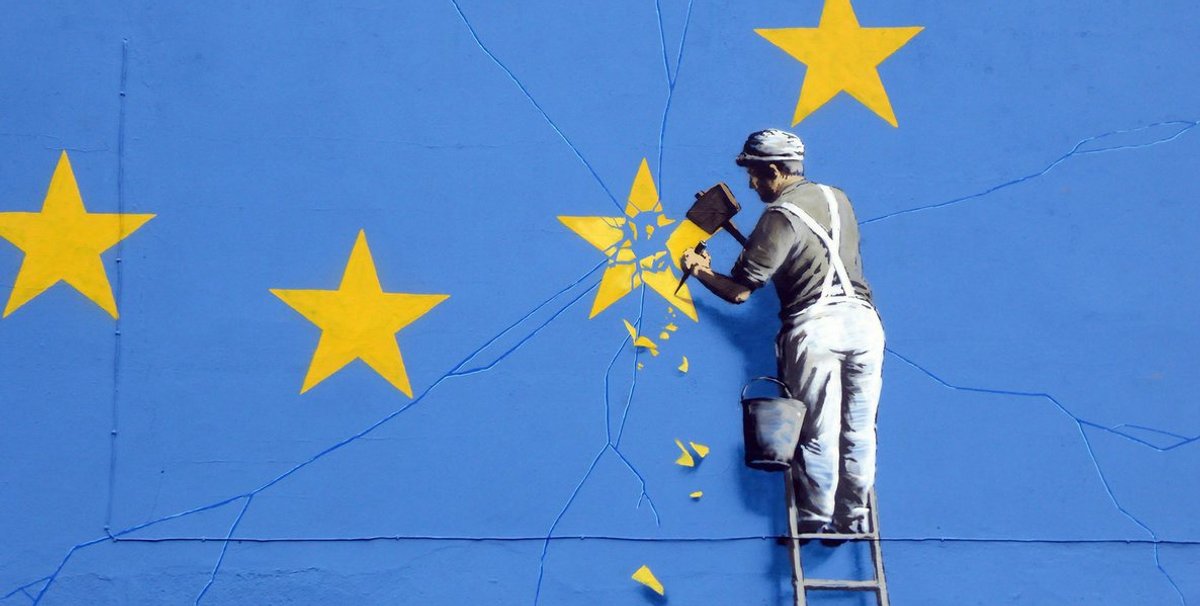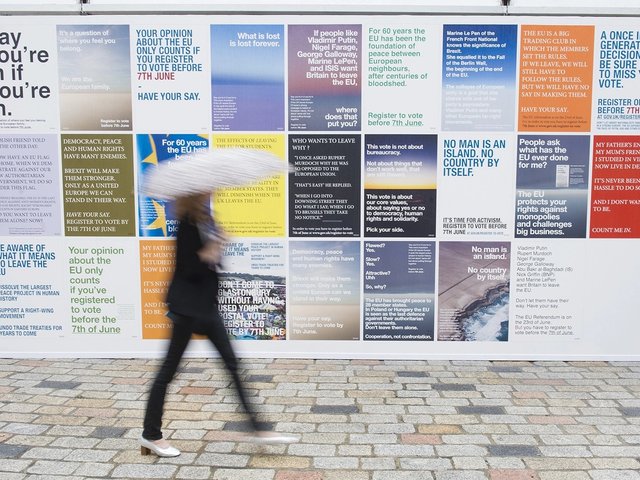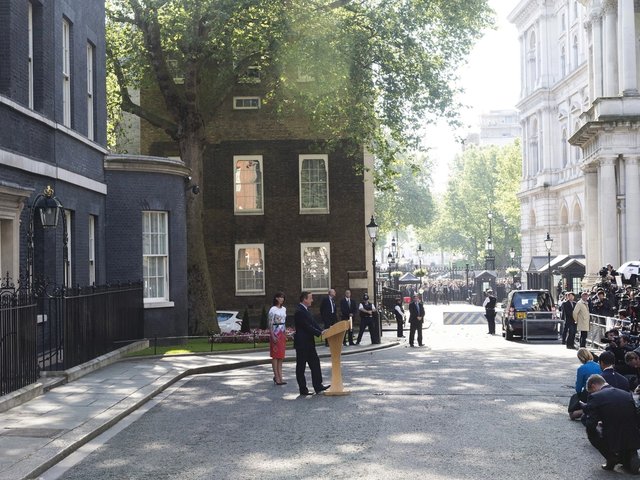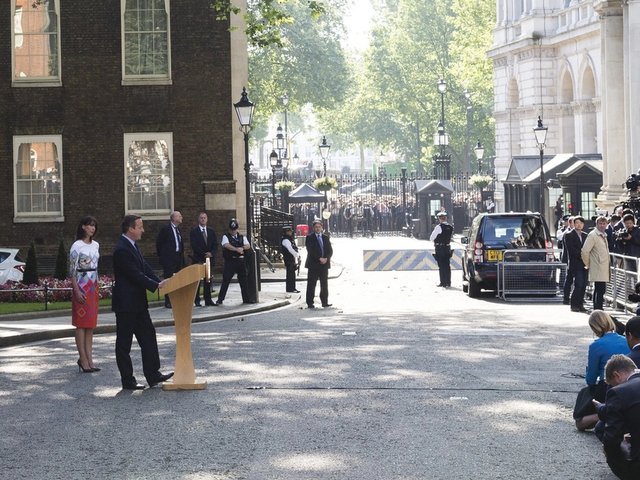Almost 400 members of staff at the British Museum, at the Victoria and Albert Museum (V&A) and across the Tate’s four galleries—around 15% of the workforce in each institution—face an uncertain future during Brexit negotiations, after which the end of the free movement of labour between the UK and the European Union (EU) seems inevitable. The main political parties stress that they want to guarantee existing rights, but the issue is unresolved as the UK goes to the polls on Thursday (8 June) to elect a new government that will lead the negotiations to leave the EU, a process that is due to start on 19 June.
The outgoing director of the Tate, Nicholas Serota, the director of the British Museum, Hartwig Fischer, and the new director of the V&A, Tristram Hunt, a former Labour Party shadow minister, are all concerned that these institutions will find it harder to retain and recruit expert staff from across Europe, potentially damaging their world-class status.
The German-born director of the British Museum says: “We have 132 members of staff—around 15%—who are EU nationals, spread across all areas of museum activity. We want to secure the status of existing members of staff and ensure that we can continue to attract talented staff in the future.” Hunt is also proud of the 131 EU nationals working at the V&A. He says that any future settlement would need to guarantee the exchange of skills across Europe. The success of the Tate in recent years has been down to its ability to employ curators who have an international background, Serota says. The Tate employs 128 EU nationals. Serota, the new chair of Arts Council England, believes that the next government “will find a way” for the Tate to continue to benefit from the richness and diversity that its international staff bring to its programming.
This may involve a new system of visas, however, if a “hard Brexit” comes to pass. Munira Mirza, the pro-Brexit former deputy mayor of London for culture under Boris Johnson, thinks that, when free movement of labour ends between the UK and the EU, “we should aim to continue to attract workers through a mix of work permits, reciprocal visa arrangements and employer-sponsored visas”. She says that the EU needs to be reasonable, and that the UK government should guarantee EU nationals’ rights because the “uncertainty is unnecessarily distressing”. That uncertainty is shared by their dependants.
Those directly affected include the outgoing artistic director of Tate Liverpool, Turin-born Francesco Manacorda, who says it is unsettling to be in this position of uncertainty. However, he is confident that a “reciprocal solution” will be found that involves a degree of free movement, “since it would be of mutual advantage for both the EU and the UK”. He plans to stay in the UK, mainly based in London, when he becomes the artistic director of the Moscow-based V-A-C Foundation.
Serota stresses the cultural significance of artists, such as German-born Wolfgang Tillmans and the late Spanish artist Juan Muñoz, who came to the UK from Europe to study at Goldsmiths, the Slade School of Fine Art and the Royal Academy Schools, among others.
The artist Michael Craig-Martin, a former Tate trustee and influential lecturer at Goldsmiths, says that Brexit has already been damaging, particularly in regard to how the UK is perceived. “Students, artists, scientists and academics have all benefited from the high degree of creative, cultural, educational and social integration that the EU made possible,” he says. Craig-Martin thinks that the UK is now seen by many as “narrowly nationalistic, backward-looking, self-absorbed, undependable, mean-spirited and arrogant”. It is essential to limit this damage, he says, by negotiating a settlement with Europe that maintains as far as possible close cultural ties.
The vice-chancellor of London’s University of the Arts, Nigel Carrington, tells us that it has seen a “noticeable decline” in EU students taking up places after the Brexit votes. It has launched a campaign to show that creativity is borderless.Mirza does not think that a drop of around 7% in EU student applications to come to the UK is due to Brexit, saying that numbers fluctuate regularly. She criticises UK universities and cultural organisations that adopt a negative attitude to Brexit. “We are leaving the EU, not Europe,” she says, adding that Brexit will not make the UK’s citizens “Little Englanders”. Craig-Martin is unconvinced. The young everywhere saw the UK as a “land of work and opportunity”, he says. “Our own young did not see these people as a threat to their own prospects, but as like-minded peers.”





